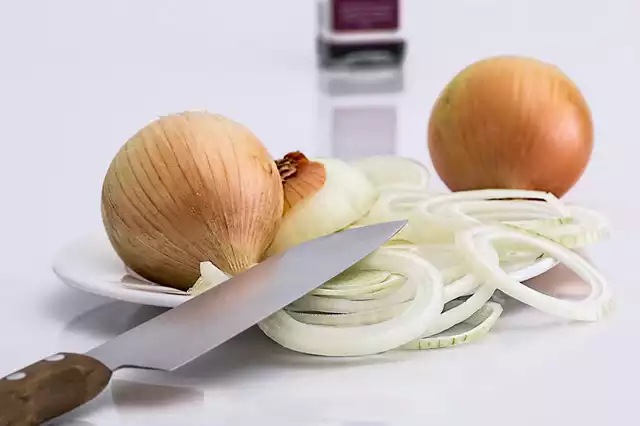Ginger the Universal Medicine
Ginger has natural probiotic and anti-toxic features that can address several aliments. This magical plant inhibits the growth of pathogenic bacteria such as e. coli, staphyolococcus, and salmonella (among others) in the gut. Plus, it stimulates the growth of beneficial bacteria such as Lactobacillus. Did you read the little lesson in gut physiology in this post? It’s no wonder this herb works to aid digestion!
Ease Tummy Upset, Joints and Muscles
Ginger has been used as a digestive and respiratory herb for literally thousands of years. It is a warming and pungent herb that can help with colds, flus, all kinds of digestive issues, arthritis and muscle soreness.
Try this for a cold or tummy troubles:
Grate about a teaspoon (or more if you like it spicy) of fresh ginger into boiling filtered water and turn off the heat. Cover your pot and let sit for a few minutes. Strain into a mug, add honey and enjoy! Alternatively boil several slices on ginger in filtered water for 10-15 minutes, strain out ginger, and add honey. This method will give you a stronger tea.
If you haven’t used Ginger for digestive upset, you’ll be amazed at how effective it is. This tea can be poured over ice during summer months when hot tea is undesirable. And next week I’ll show you how to make your very own natural, healthy ginger ale! Perfect for hot summer days.
In addition to tea, Ginger can be added to the bath to help warm/ease muscles and joints:
Place several pieces of sliced Ginger into a cotton tea bag and allow it to steep in your hot bath for several minutes. This is especially soothing in the fall and winter months. Alternative to a Ginger bath, you can purchase ginger essential oil and rub this warming oil on sore spots to ease joint and muscle pain as well.
Don’t Take Aspirin! Take Ginger for Your Heart Instead!
In his excellent book, Ginger: Common Spice & Wonder Drug, Paul Schulick reports:
Ginger inhibits the same blood-thickening enzyme as aspirin and it accomplishes its task without side effects. Amazingly, ginger also offers a host of additional circulatory system benefits rivaling those of any natural treatment and transcending the potential of many modern cardiovascular drugs.
In fact, his book compares the effects of Ginger and Aspirin side-by-side. It’s quite an astounding comparison. The anti-inflammatory and antipyretic (fever reducing) effects of each are basically the same. Ah, the intelligence of nature. Schulick recommends a powered preparation of Ginger for cardiovascular use, which can be found in capsule form, and taken daily like you would aspirin.
All in all, ginger is an essential natural remedy to keep stocked in your home. And besides, it tastes good in curry too! That’s the great thing about many medicinal herbs–you can throw them into your dinner and benefit while eating something yummy.







